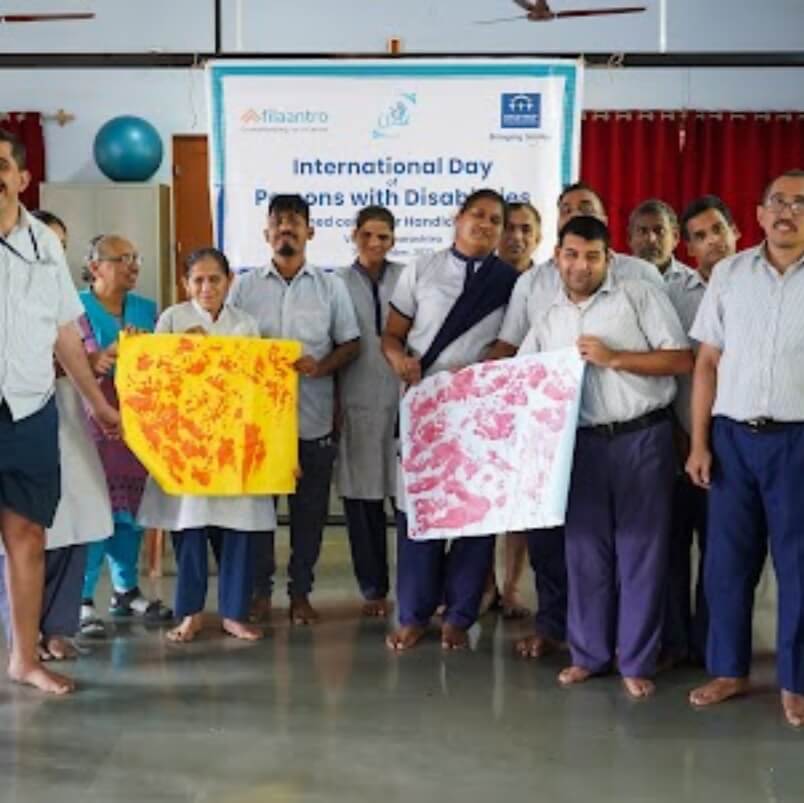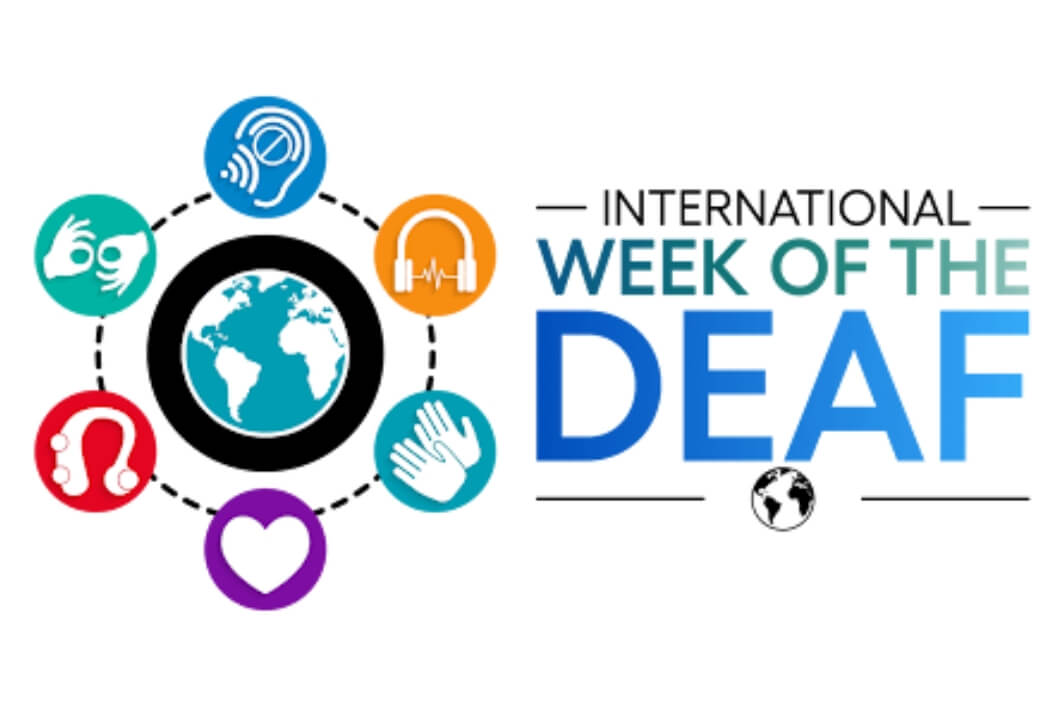From September 22 to 28, 2025, the world observes the International Week of the Deaf (IWDP), a time to celebrate the achievements, culture, and contributions of the Deaf community. This year's theme, "No Human Rights Without Sign Language Rights," underscores the fundamental role of sign language in ensuring equality and human rights for individuals who are deaf.
The Importance of Sign Language Rights
Sign language is not merely a tool for communication; it is a vital component of cultural identity and human rights. For deaf individuals, access to sign language ensures full participation in all aspects of society, including education, employment, and civic life. Without the right to use sign language, deaf people are at risk of exclusion and marginalization. The IWDP serves as a reminder that linguistic rights are human rights, and advocating for sign language access is essential for achieving equality.
Celebrating Deaf Role Models
Throughout history, many deaf individuals have made significant contributions to various fields, serving as inspirations and advocates for the deaf community. Here are a few notable figures:
- Marlee Matlin: An acclaimed actress, Matlin made history as the first deaf person to win an Academy Award for Best Actress for her role in Children of a Lesser God. She continues to advocate for deaf representation in media and the arts.
- Nyle DiMarco: A model and activist, DiMarco won both America's Next Top Model and Dancing with the Stars. He is a prominent advocate for deaf culture and the rights of individuals who use sign language.
- Troy Kotsur: An Oscar-winning actor, Kotsur is known for his role in CODA and recently starred in the Netflix series Black Rabbit. He continues to break barriers for deaf actors in mainstream media.
- Imran Sheikh: A deaf cricket coach from Vadodara, India, Sheikh trains young cricketers using sign language and facial expressions, demonstrating that communication barriers can be overcome in sports coaching.
- Matt Hamill: Known as the first deaf fighter in UFC history, Hamill recently experienced hearing for the first time in 41 years after receiving advanced hearing aids. His journey highlights the resilience and determination of deaf athletes.

Child Help Foundation's Contribution
At Child Help Foundation, we are committed to promoting an inclusive environment for children with disabilities, including those who are deaf or hard of hearing. We conduct workshops, awareness sessions, and educational programs that focus on the importance of sign language and accessibility.
We also provide nutritious snacks, food, stationery, and learning resources to ensure that children have the necessary tools to thrive academically and socially. By creating safe spaces and raising awareness about the rights of children with disabilities, we aim to empower them and promote equal opportunities in every sphere of life.
Taking Action
The theme "No Human Rights Without Sign Language Rights" calls for collective action to ensure that sign language is recognized and accessible to all. Here's how we can contribute:
- Learn Sign Language: Educate yourself and others about sign language to foster inclusive communication.
- Advocate for Policy Changes: Support legislation that recognizes sign language as an official language and ensures its availability in public services.
- Raise Awareness: Use social media platforms to highlight the importance of sign language and the rights of deaf individuals.
- Support Deaf Organizations: Engage with and support organizations that promote the rights and welfare of the deaf community.
Conclusion
International Week of Deaf People is an opportunity to reflect on the progress made and the work still needed to achieve equality for deaf individuals. By embracing the theme "No Human Rights Without Sign Language Rights, " we can ensure that sign language is valued, recognized, and accessible, so that every child, adult, and community member can participate fully and equally in society.
